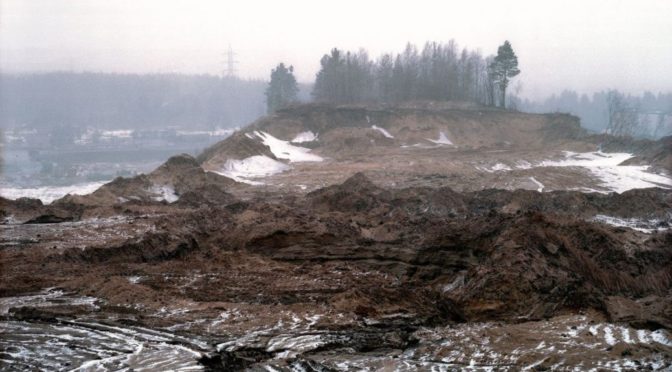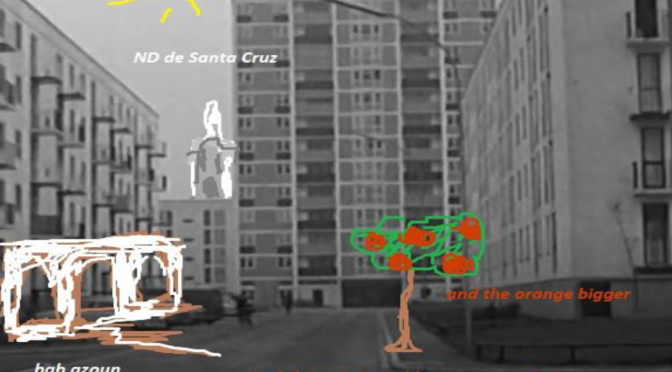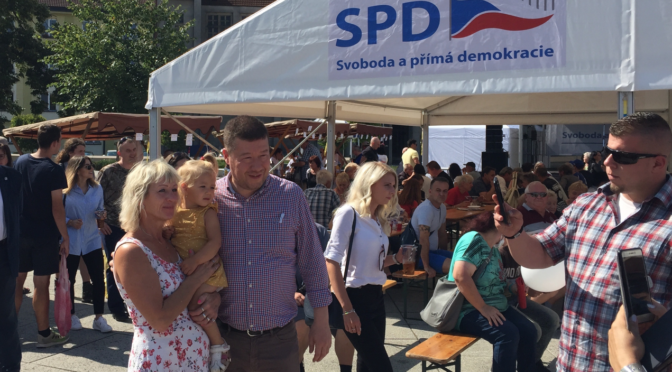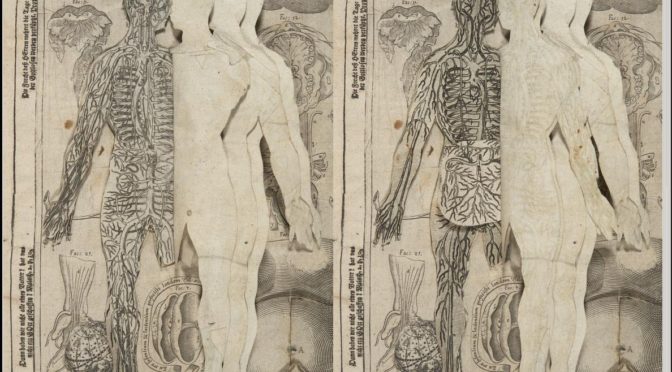
Přeměna jaderného odpadu na štěpný materiál je možná již od 50. let minulého století
Sedmé setkání interního semináře CEFRESu v roce 2022-2023.
Cílem semináře CEFRESu je představit probíhající výzkum členů CEFRESu a otevřít tak mezioborovou diskuzi o otázkách týkajících se metod, přístupů a koncepcí, díky které bude moci každý účastník porovnat vlastní pohled s předloženými pracemi.
Místo konání: Knihovna CEFRES a online
Datum: úterý 11. dubna 2023, 16:30
Jazyk: francouzština
Kontakt: cefres[@]cefres.cz
Ange Pottin (CEFRES / UK)
Diskutuje: Chloé Mondémé (CNRS / CEFRES )
Pokračování textu Francouzské radioaktivní dědictví →

The sixth session of the seminar “Nature(s) & Norms” (NANO), carried out within the framework of the research program SAMSON (Sciences, Arts, Medicine and Social Norms), developed by Sorbonne University (Paris), the Faculty of Arts of the Charles University (Prague), Warsaw University and CEFRES welcomes two participants: Irina Tcherneva (CNRS) and Olga Kaczmarek (Warsaw University).
Location: Paris, CEFRES Library and online (zoom)
To receive the link, please contact us at cefres[@]cefres.cz
Date: Friday, March 24th 2023, 4.30 pm
Language: English
Part 1
Landscape in the comprehension of crimes: practices of Soviet film makers
Irina Tcherneva, CNRS, Eur’ORBEM
Abstract: This contribution focuses on landscape and the spatial dimension in the documentary films and photographs created by the Soviets in 1941-1945 during the liberation of Nazi-occupied territories. The places where Nazi crimes and war crimes took place make the Soviet terrain unique in the history of the Holocaust. Until now, visual analysis has not been mobilized to examine these traces in rural and urban environments. Pokračování textu Landscapes & Memory in Holocaust film. NaNo seminar #6 →

“Nikdy jsme o tobě nemluvili, ale vždy jsi tady bylo Alžírsko.” Vyhnanství a vzpomínky na zmizelé světy
Šesté setkání Interního semináře CEFRESu v roce 2022-2023.
Cílem semináře CEFRESu je představit probíhající výzkum členů CEFRESu a otevřít tak mezioborovou diskuzi o otázkách týkajících se metod, přístupů a koncepcí, díky které bude moci každý účastník porovnat vlastní pohled s předloženými pracemi.
Kde: Knihovna CEFRES a online
Kdy: úterý 14. března 2023, 16:30
Jazyk: angličtina
Kontakt: cefres[@]cefres.cz
Michèle Baussant (CNRS, CEFRES/ Institut Convergences Migrations)
Diskutant: Emina Zoletić (CEFRES / Varšavská univerzita)
Pokračování textu Vyhnanství a vzpomínky na zmizelé světy →

Poslanci a poslankyně české a polské krajní pravice: “Bráníme normální svět!”
První setkání Interního semináře CEFRESu v roce 2023.
Cílem semináře CEFRESu je představit probíhající výzkum členů CEFRESu a otevřít tak mezioborovou diskuzi o otázkách týkajících se metod, přístupů a koncepcí, díky které bude moci každý účastník porovnat vlastní pohled s předloženými pracemi. Pokračování textu Poslanci a poslankyně české a polské krajní pravice →

The fourth session of the seminar “Nature(s) & Norms” (NANO), carried out within the framework of the research program SAMSON (Sciences, Arts, Medicine and Social Norms), developed by Sorbonne University (Paris), the Faculty of Arts of the Charles University (Prague), Warsaw University and CEFRES welcomes two participants: Mathieu Lericq (ESTCA, University of Paris 8 Vincennes Saint-Denis) and Magda Szcześniak (Institute of Polish Culture, University of Warsaw)
Location: Paris, CEFRES Library and online:
https://us02web.zoom.us/j/86161270934?pwd=UUp6Y1g3V2pkWWp4SVNJWEo3WndOdz09
Meeting ID: 861 6127 0934
Passcode: 695781
Date: Friday, January 27th 2023, 4.30 pm
Language: English
Part 1
“Genealogy of a Taboo: Homosexuality and AIDS within Amateur and Educational Films Produced in Communist Poland”
Mathieu Lericq, ESTCA, University of Paris 8 Vincennes Saint-Denis
Pokračování textu Body and sexuality. NaNo seminar #4 →

Při druhém setkání semináře Nature(s) & Norms (NANO), pořádaného v rámci výzkumného programu SAMSON (Sciences, Arts, Medicine and Social Norms) a probíhajícího díky pařížské Sorbonně, Univerzitě Karlově v Praze a CEFRES, přivítáme: Vojtěch Pojar (CEFRES / CEU) a Alicja Urbanik-Kopeć (IHN PAN).
When: Friday 16. December 2022, 17:00–19:00
Where: CEFRES Library and online
Language: English
Contact: cefres@]cefres.cz
Part 1
Eugenics in Austria-Hungary: Social Functions and Imperial Circulation of an Ambiguous Body of Knowledge, 1900-1914
Vojtěch POJAR (CEFRES / CEU)
The notion of the circulation of knowledge poses new questions to the scholarship on eugenics in the Habsburg Empire. Focusing on imperial networks and the cognitive management of imperial diversity, my presentation will analyze four cases of imperial circulation of eugenic knowledge. It will show that the actors, institutions, and geographies of such circulation varied substantially, depending on the practices out of which the particular type of eugenic knowledge grew and on the social function it was envisaged to serve.
Part 2
Eugenics and social health
Alicja Urbanik-Kopeć (IHN PAN)
The role of criminal antropometry and early eugenics movement on the organization of state control of sex workers in the Kingdom of Poland, 1890-1915. In my presentation, I will show the influence of criminal anthropology on the organization of state run Medical Police Committees, set up by the Russian state officials to find, track, control nad. punish real and assumed sex workers in the cities.The official reasons for the tightening control on the disenfranchised urban population (mostly single, poor women) were care for public health and combating the pandemic of sexually transmitted diseases. However, they were used as a pretext to attempt an administrative control of life, health and reproduction of socially vulnerable women.
Více o celém cyklu semináře můžete nalézt zde.
Obraz: https://archive.org/details/ldpd_11497246_000/page/n25/mode/2up






